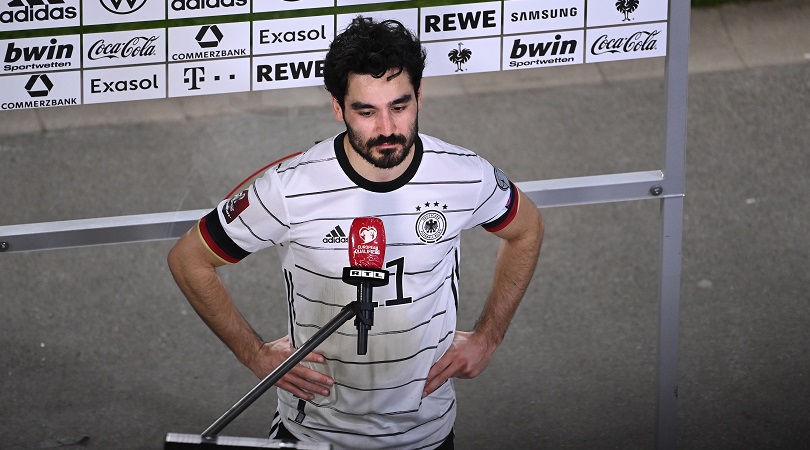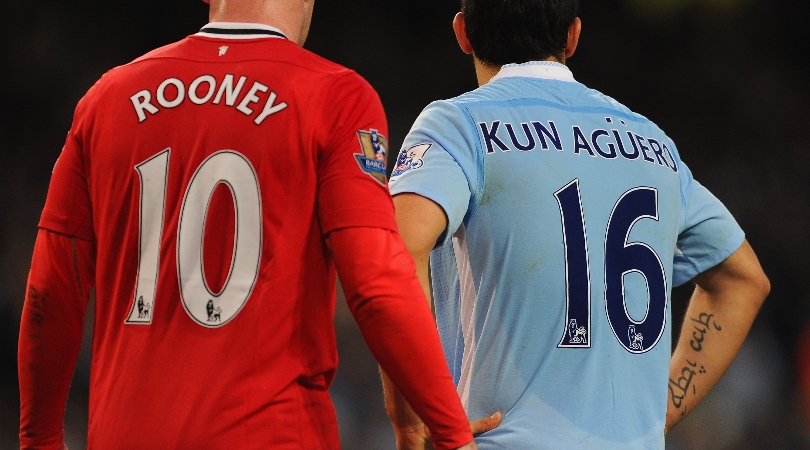What does a Euro 2020 man of the match get?
Players from all 24 nations will hope to be a Euro 2020 man of the match

Players from all 24 competing nations will hope to be named a Euro 2020 man of the match this summer.
As the name suggests, Euro 2020 was supposed to take place last year, but the coronavirus pandemic forced UEFA to postpone the tournament by 12 months.
The competition, which will be held in 11 different cities in the same number of countries, begins with a meeting between Italy and Turkey in Rome on June 11.
The final will take place a month later, with England, France, Belgium, Portugal, Spain and Germany all hoping to be walking out at Wembley on July 11.
The European Championship once held 16 teams, but UEFA increased this to 24 before Euro 2016.
The same format has been retained this time around, which means there will be six groups of four teams at Euro 2020.
The winners and runners-up will advance to the knockout phase, where they will be joined by the four best third-place finishers. Eight sides will be eliminated in the group stage.
Get FourFourTwo Newsletter
The best features, fun and footballing quizzes, straight to your inbox every week.
The tournament will feature 51 matches in total. That means there are 51 chances for players to win a Euro 2020 man of the match award.
UEFA has not confirmed what the prize will be, but it is usually some sort of commemorative trophy.
The man of the match at Euro 2016 was decided by UEFA's technical observers after considering the nominees as voted for by EURO2016.com users.
France duo Antoine Griezmann and Dimitri Payet, Portugal pair Cristiano Ronaldo and Renato Sanches, Belgium forward Eden Hazard, Spain midfielder Andres Iniesta, and Switzerland’s Granit Xhaka were all named man of the match twice.
At Euro 2012, Iniesta and Italy’s string-puller Andrea Pirlo were voted as man of the match on three occasions.
The man of the match award was introduced by UEFA for Euro 1996 and has been in place at every tournament since then.
FourFourTwo was launched in 1994 on the back of a World Cup that England hadn’t even qualified for. It was an act of madness… but it somehow worked out. Our mission is to offer our intelligent, international audience access to the game’s biggest names, insightful analysis... and a bit of a giggle. We unashamedly love this game and we hope that our coverage reflects that.

